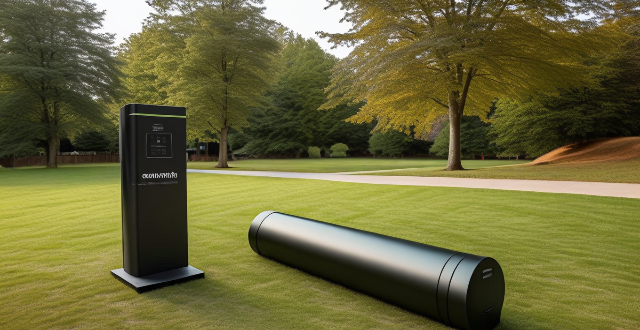Zinc-carbon batteries, widely used in everyday devices, pose significant environmental concerns due to the presence of hazardous materials and disposal challenges. To mitigate these concerns, it is recommended to educate the public, improve recycling infrastructure, and support research and development of alternative battery technologies.

Environmental Concerns with Zinc-Carbon Battery Disposal
Introduction to the Problem
Zinc-carbon batteries, commonly known as carbon-zinc batteries, are widely used in everyday devices such as flashlights, radios, and remote controls. These batteries contain a combination of zinc and manganese dioxide as their primary active materials. While they are highly efficient and economical, the disposal of these batteries poses significant environmental concerns.
Hazardous Materials
*Zinc*
Zinc is a naturally occurring element that is not harmful in small quantities. However, when large amounts of zinc accumulate in the environment, it can be toxic to both plants and animals. It can also contaminate soil and water sources, leading to bioaccumulation in the food chain.
*Manganese Dioxide*
Manganese dioxide is a chemical compound that is used as an aid to combustion. When released into the environment, it can cause respiratory problems and other health issues. It can also contribute to the depletion of the ozone layer when released into the atmosphere.
Disposal Issues
*Landfill Leaching*
When zinc-carbon batteries are disposed of in landfills, they can leach toxic chemicals into the surrounding soil and groundwater. This can lead to long-term environmental damage and pose a threat to human health.
*Incineration Emissions*
If zinc-carbon batteries are incinerated, they can release hazardous fumes into the atmosphere. These fumes can contain toxic chemicals that are harmful to both humans and the environment.
Recycling Challenges
*Difficulty of Separation*
Zinc-carbon batteries are often mixed with other types of batteries in recycling bins, making it difficult to separate them for proper disposal or recycling. This can lead to contamination of other materials and reduce the effectiveness of recycling efforts.
*Low Recycling Rates*
Despite being recyclable, zinc-carbon batteries have low recycling rates due to lack of awareness and accessibility to recycling facilities. As a result, many of these batteries end up in landfills or incinerators.
Conclusion and Recommendations
The disposal of zinc-carbon batteries raises significant environmental concerns due to the presence of hazardous materials and the challenges associated with their disposal and recycling processes. To mitigate these concerns, it is recommended that:
- Educate the Public: Raise awareness about the proper disposal methods for zinc-carbon batteries and encourage responsible waste management practices.
- Improve Recycling Infrastructure: Increase accessibility to recycling facilities and improve separation techniques to enhance recycling rates.
- Support Research and Development: Invest in research and development of alternative battery technologies that are more environmentally friendly and easier to recycle.